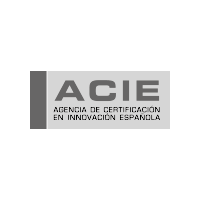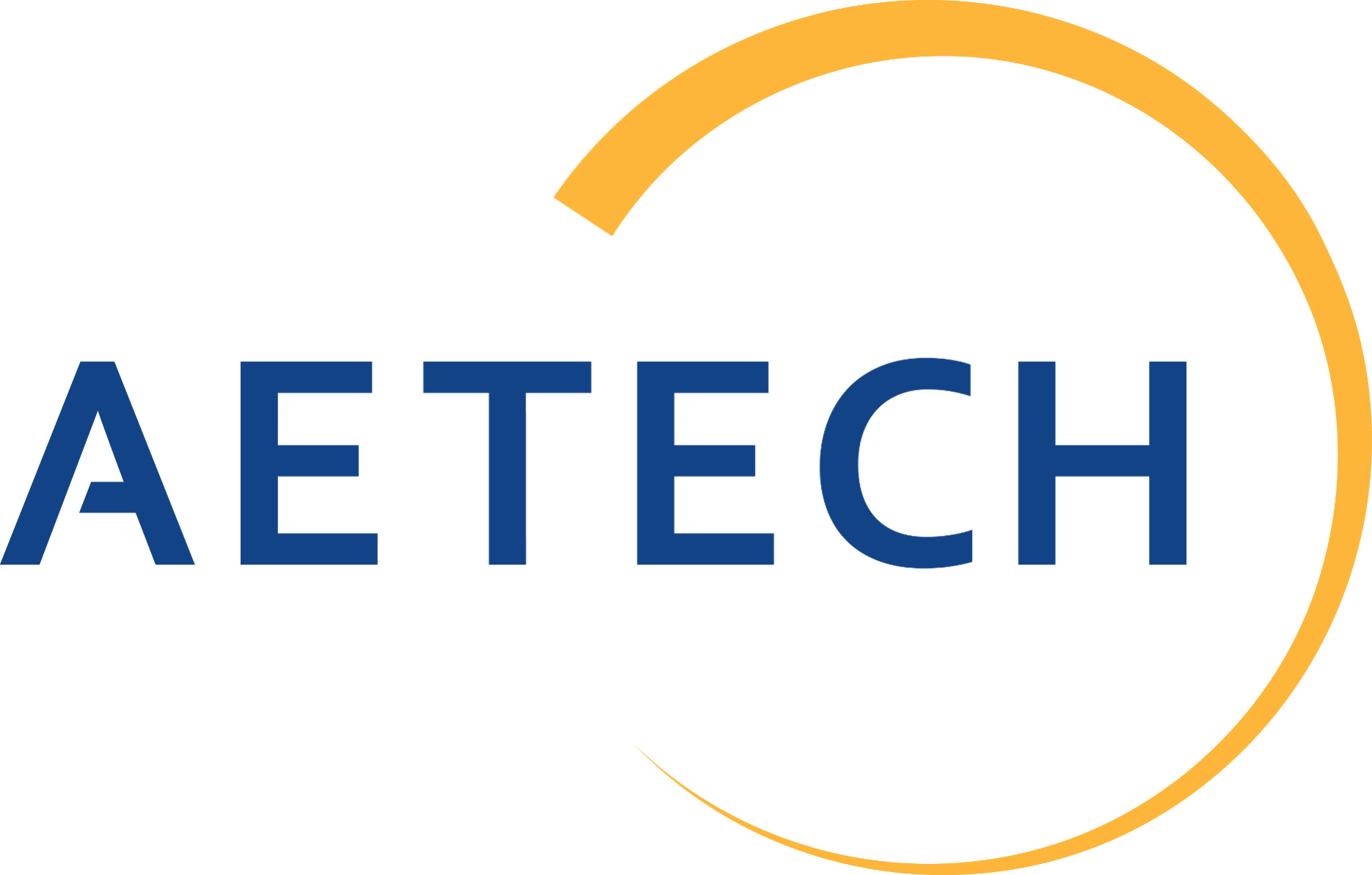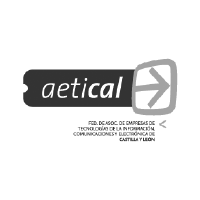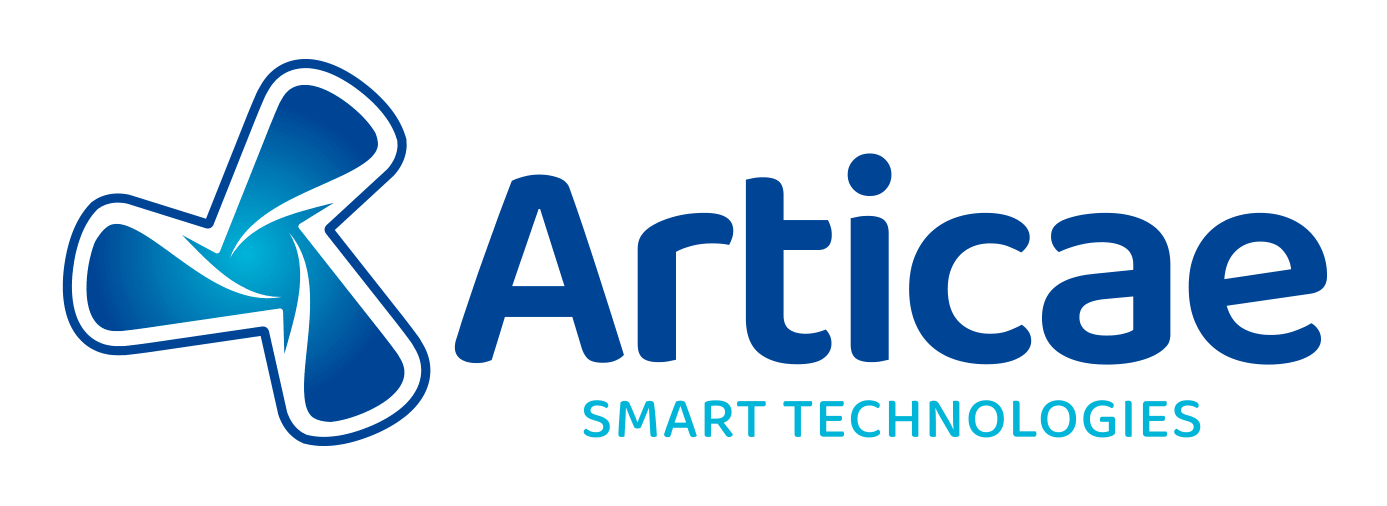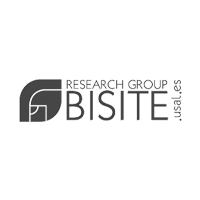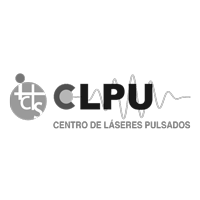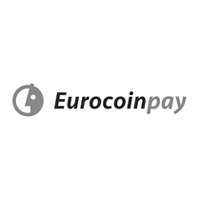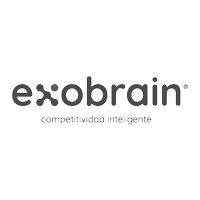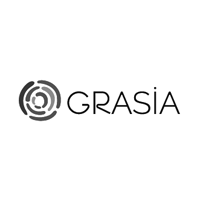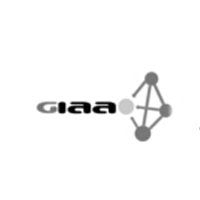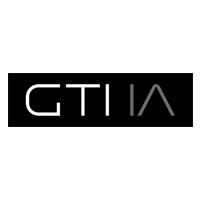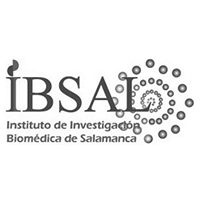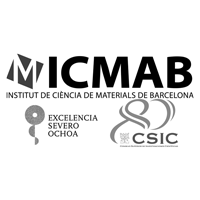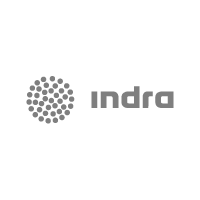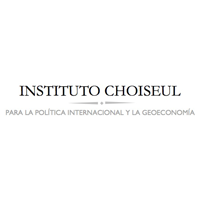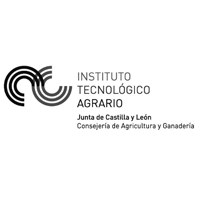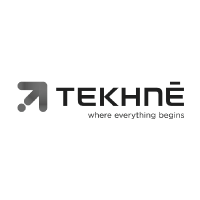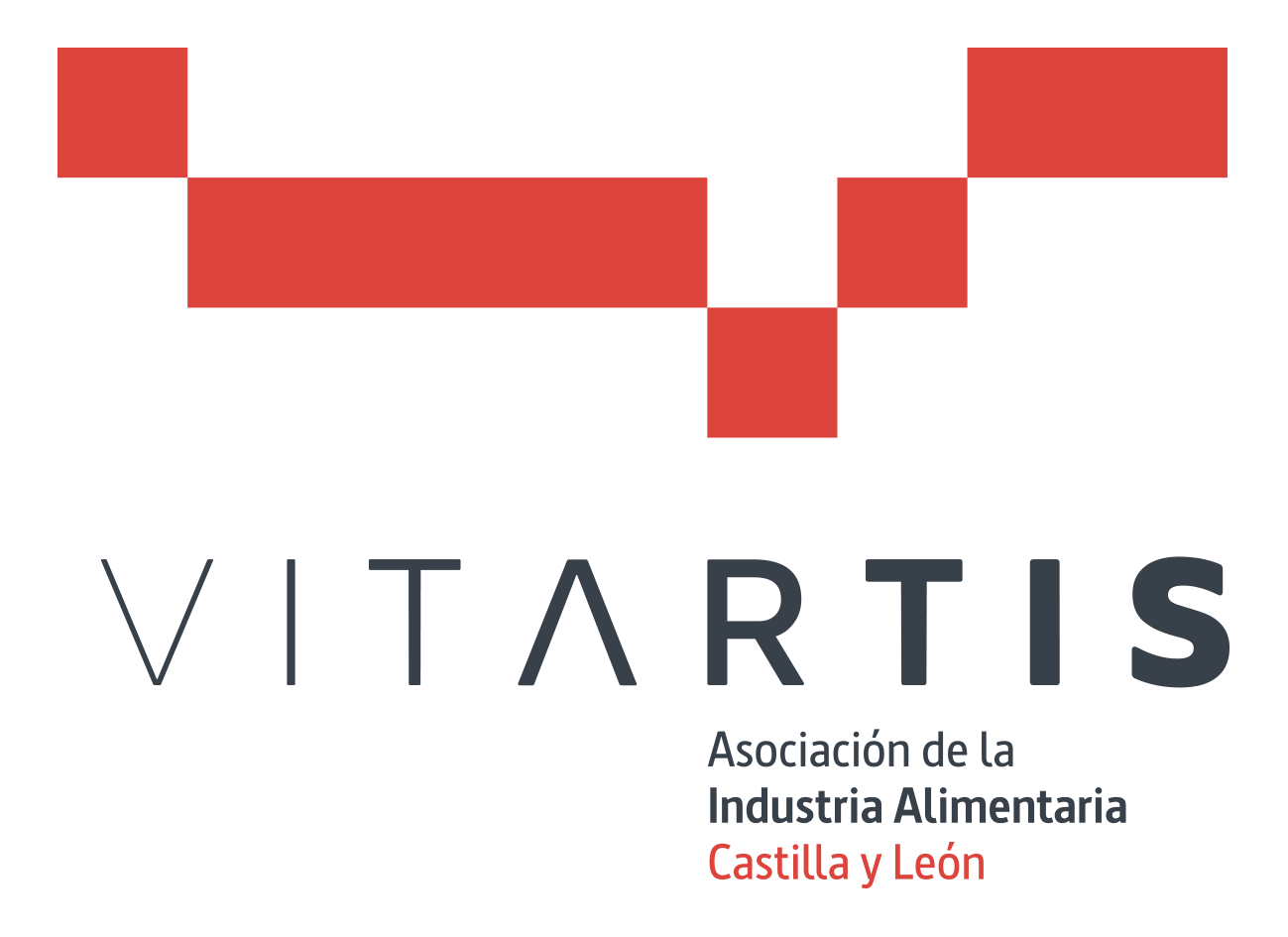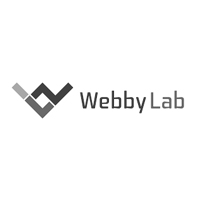The strategic, technological and economic revolution in information processing
QETEL was established as an independent laboratory within the AIR Institute in 2022.
Concerned with the advance of neoclassical economics and the precepts of the well-known social sciences, at QETEL, we strive to promote a paradigm shift through the study and development of a new reality in which growth, both material and immaterial, is linked to the technological progress of society. Aspects such as the digital economy, blockchain, distributed ledgers and tokenisation require a broad and complex research effort involving several disciplines, such as applied mathematics, data science, economics, computer science, law and policy.
Research into quantum economic behaviour is vital for advancing science in the coming decades.
The production and consumption of quantum goods and services generate new conditions for means of exchange, quantum entanglement strategies or aspects of game theory that traditional classical games cannot explain.
The main focus will be understanding the digital economy and how it transforms various industries, such as finance, international trade, real estate, health, culture and entertainment. It aims to study and analyse the economic impact of digital technologies, identify the main drivers of growth and innovation in the digital economy and explore the role of different platforms and networks in shaping the digital economy. It also aims to assess the regulatory and policy implications of the digital transformation of the economy from a technical as well as a functional and scientific point of view.
In the age of the digital economy, emerging technologies such as blockchain, artificial intelligence (AI), and tokenization are redefining our understanding of commerce, ownership, and transactions. With innovative blockchain technology at the heart of this revolution, we are seeing a shift in how things are done and how they are conceived.
Integrating AI and advanced distributed ledger algorithms (DLT) allows systems to be more autonomous, secure, and transparent. Enhanced traceability and cybersecurity capabilities, driven by models and algorithms for tokenization, are taking digital trust to a new level.
In this landscape, stablecoins and digital currencies from central banks have emerged, offering a more stable digital alternative to traditional cryptocurrencies. These currencies and advances in models and technology for developing NFTsand cryptocurrencies are laying the groundwork for a new financial ecosystem.
However, with these innovations, the need for a robust regulatory framework also arises. Regulations must evolve to keep up with these technologies, ensuring the safety and trust of the public.
Regarding design and simulation, advanced digital twin models with Generative AI allow the replication of digital environments and assets, providing unimaginable opportunities for industrial and commercial sectors.
Quantum Artificial Intelligence (QAI) is at the heart of QETEL.
QAI represents a transformative confluence between traditional Artificial Intelligence (AI) and quantum environments. This technological hybrid has the potential to catalyse significant advances in a wide variety of sectors, including medicine, engineering, logistics and data analytics, among others. Given the intricate and multidisciplinary nature of QAI, it is imperative to analyse its importance from different angles, such as improving computational performance, solving NP-complete problems and accelerating machine learning.
QAI is positioned to be one of the most disruptive technologies of our time, offering a new paradigm for solving complex problems and accelerating research in multiple fields based mainly on computational performance improvement, NP-complete problem solving, machine learning acceleration and the interdisciplinarity above and emerging applications spanning domains that are in the focus of QETEL's development such as bioinformatics, neuroscience and cybersecurity.
Technologies
CORE
- High-performance quantum computer.
- Quantum computing and quantum cybersecurity.
MAIN QUANTUM TECHNOLOGIES
- Quantum Artificial Intelligence.
- Quantum computing.
- Quantum simulation.
- Quantum cryptography.
- Quantum sensors.
- Impact on Blockchain, Internet of Things and 5G networks.
VERTICALS OF NEW PRODUCTION
- Genetics (Manufacture of personalised medicine).
- Energy (More precise knowledge of chemical processes).
- Digital economy: blockchain, AI and tokenization
- Finances (Blockchain)
- Meteorology and climate change (Simulation of weather forecasts).
